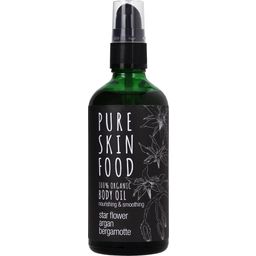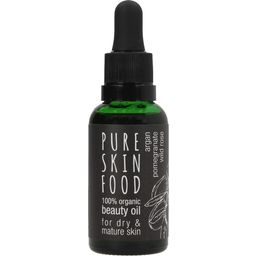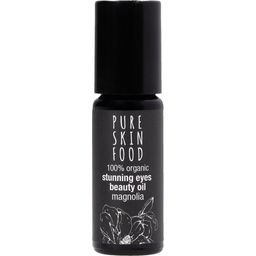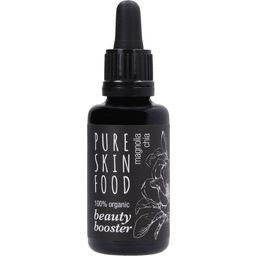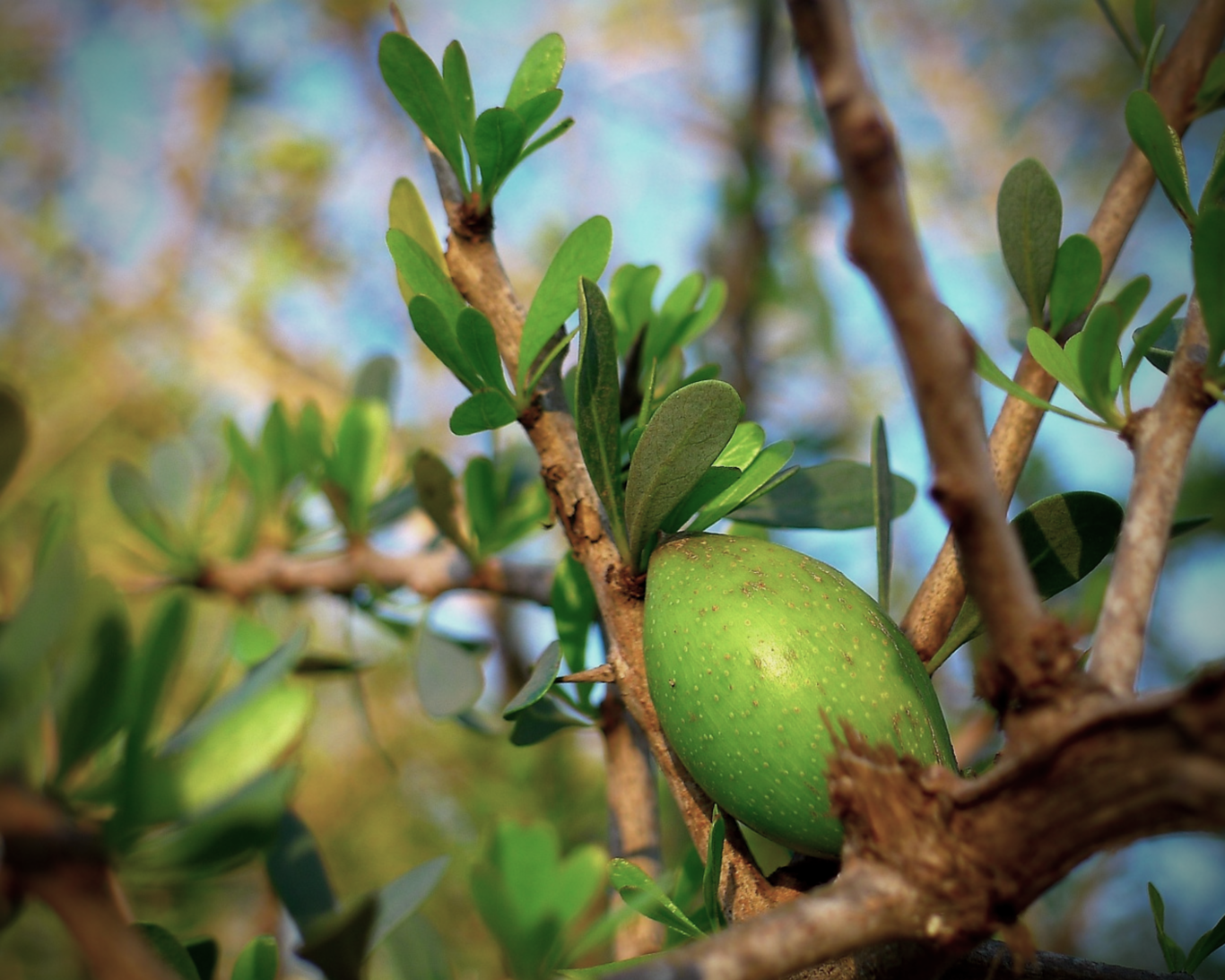

Ingredient of the Week: Argan Oil
Argan oil is one of the most loved oils in the cosmetic industry. The last few years has seen the oil incorporated into countless products for the skin, hair and face that are said to work wonders. But, why is this the case?
We have researched 5 facts about argan oil that confirm why it is an effective ingredient for body care and where it stems from:
1. Origin and Production
The argan tree is essential for survival for many people living in North Africa: it is a source of firewood, building material, fruit and oil as a source of food, skincare product and serves as a remedy for many illnesses and injuries. It is only found in the south of Morocco and can reach a very high age, namely 400 years.
The oil is extracted by removing the pulp of the fruit that surrounds the nut. The nut contains argan kernels that are hammered out laboriously. We only uses cold-pressed argan oil in our formulas.
Interesting fact: All argan trees are the property of Morocco. Private citizens and Berber families are given right of use and cultivation for the harvest. To fell or even shake an argan tree is strictly prohibited.
2. Components
Argan oil contains a high degree of vitamins A, B and E. Its soothing effect is thanks to the amount of omega-3 and omega-6 fatty acids contained. These are known for their pampering effect on the skin. Furthermore, argan oil is rich in oleic acid and other fatty acids that are found in human sebum. It serves to lock moisture in the skin and the hair.
Botanical flavonoids found in argan oil possess antibacterial and disinfecting properties. Argan oil is said to have a sebum-regulating effect. Thus, it is well-suited for oily and combination skin types (comedogenic scale 0).
Argan oil is a hair care secret weapon: it contains tocopherol (vitamin E) that stimulates hair growth and fortifies the roots of the hair. Phytosterols enhances brilliant shine and elasticity.
3. Effects and Application
Traditionally, argan oil is used acne and skin rashes. Its soothing, moisturising and strengthening effects protect the skin and supports its regenerative process. Argan oil is suitable for all skin, hair and scalp types. It is particularly beneficial on dry and chapped areas of skin.
Argan oil works wonders on hair, too: Use on the ends of the hair without the fear of the hair becoming sticky or heavy. The above-mentioned fatty acids and antioxidants support hair manageability and deliver incredible shine.
4. Why use organic?
During the 1990s, the international demand for argan oil increased. Global enterprises purchased the oil is large quantities then sold it at a cheaper price in Europe and America. Morocco began to restrict the large-scale export which gave smaller cooperatives access to the market. Today, a large quantity of argan oil used globally is cultivated by women's cooperatives, whereby many are even certified organic.
5. Goats
Why do so many illustrations depict goats on the argan trees? Goats are able to climb the low-hanging branches to get to the delicious fruits. The farmers allowed the goats to enjoy the fruits since it was not needed for the production of argan oil. In the past, the seeds that the goats spat out after feasting on the fruits were collected, cleaned and added to the seeds in the press. Today, this method of seed collection is no longer practised.
We exclusively use fair-trade, organic argan oil from a women's cooperative in Morocco in our product formulas.
Find our range of products that contain argan oil here.
Magazine Articles:
-
Great Britain: Free standard delivery from £49.90
-
Free
returns We deliver worldwide to
more than 40 countriesSecure payments
with SSL encryption technology
